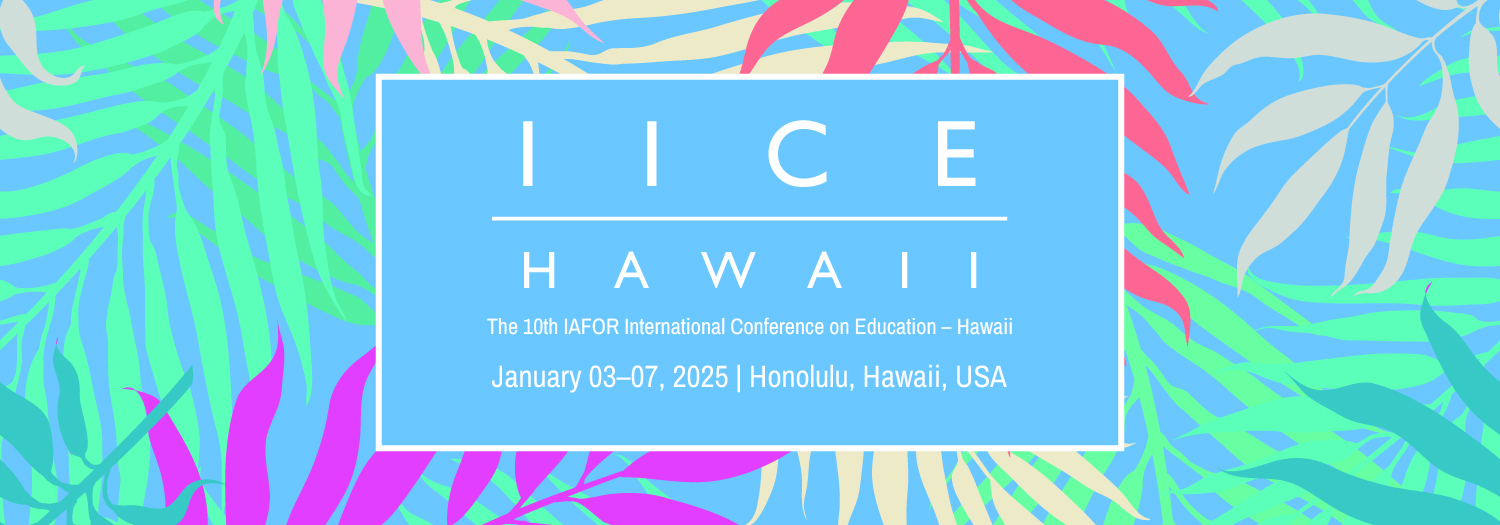The presentation will shed light on the evolution as well as emerging policies and practices implicitly and explicitly espoused in the World Bank education programs. Neoliberalism ideologies have impacted education reform policies in developing countries in the last two to three decades. Privatisation, decentralisation, school choice, accountability, and standards (often unreachable and without sufficient enabling conditions) have been the mantra for much of the education development. The results, however, are not optimal, widening the gap in access and quality of education and often weakened state institutions in the mandate and provision of education. The World Development Report 2018 labelled the status of education as a “learning crisis”. At the same time, the presentation will highlight the alternative and successful path of education development in selected East Asian countries such as China and Korea, characterised by the strong role of the states, balancing central planning with local implementation, pragmatism in adopting different priorities at different stages of development. Further, at core of the East Asian education experience is the relentless focus on teachers and instructional excellence at every level of education and a heavy dose of science, technology and engineering curriculum (STEM), which many now agree have contributed to the economic miracles we witness today in these countries.
The World Bank, under a few of its flagship programs, is beginning to embrace and promote knowledge sharing and partnerships between the new donors (as opposed to traditional ones) such as China and Korea with other developing countries including Africa, aiming at leveraging the Chinese and Korean education development experience in basic education, higher education, as well as technical and vocational education and training. Concrete examples will be provided to illustrate how these projects are incubating concrete collaboration between the Chinese and Korean institutions with the African ones.
This presentation is kindly sponsored by The World Bank.

